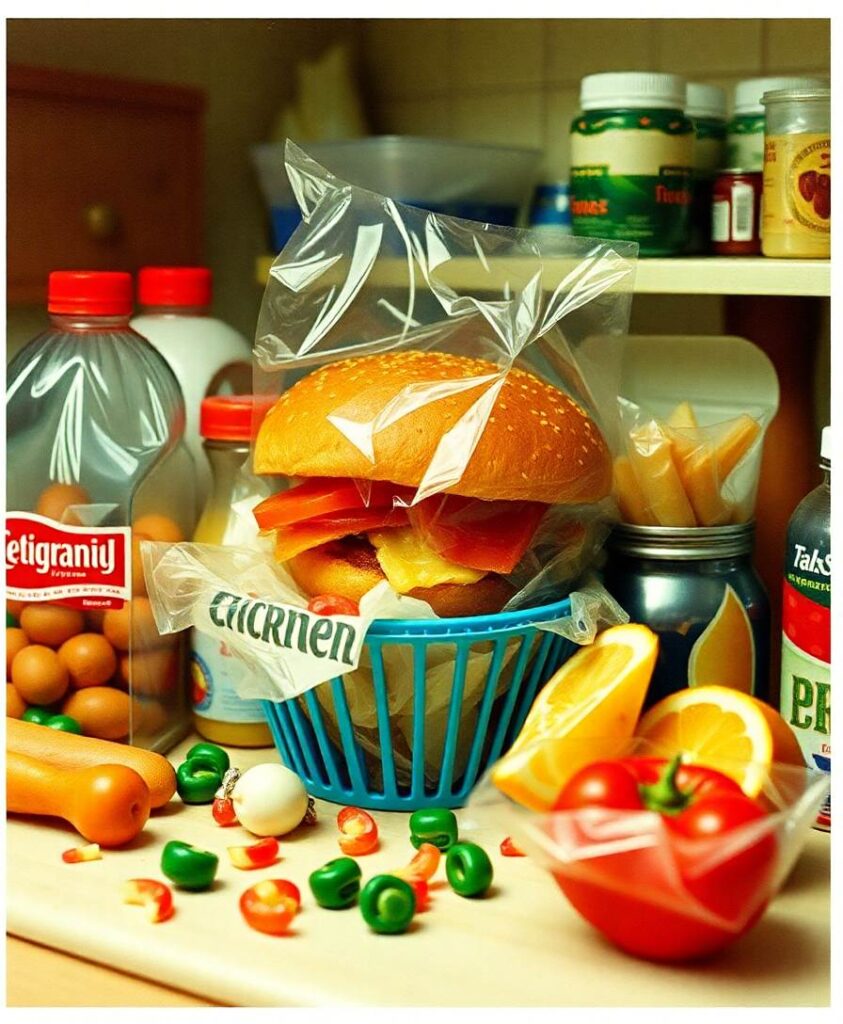Just like a tempting snack that leaves a trail of crumbs, nylon cooking bags and plastic-lined cardboard cups have been found to release teeny, tiny particles into our drinks. These minuscule particles, called nanoparticles, are so tiny that trillions of them are released into each liter of water that comes into contact with the plastic. It may seem alarming, but fear not! The levels of nanoparticles found in the water are actually below the limits set for consumption. Think of it like stepping on a patch of soft moss rather than sinking into quicksand. While there may be some concern, the overall risk seems to be minimal. While this study sheds light on an often overlooked source of nanoparticles, it raises many questions as well. Are there long-term health implications from consuming these particles? Do different types of plastics release different amounts or types of nanoparticles? There is still much research to be done to fully understand the world of these teeny-tiny particles. To learn more about this fascinating study, dive into the underlying research!

